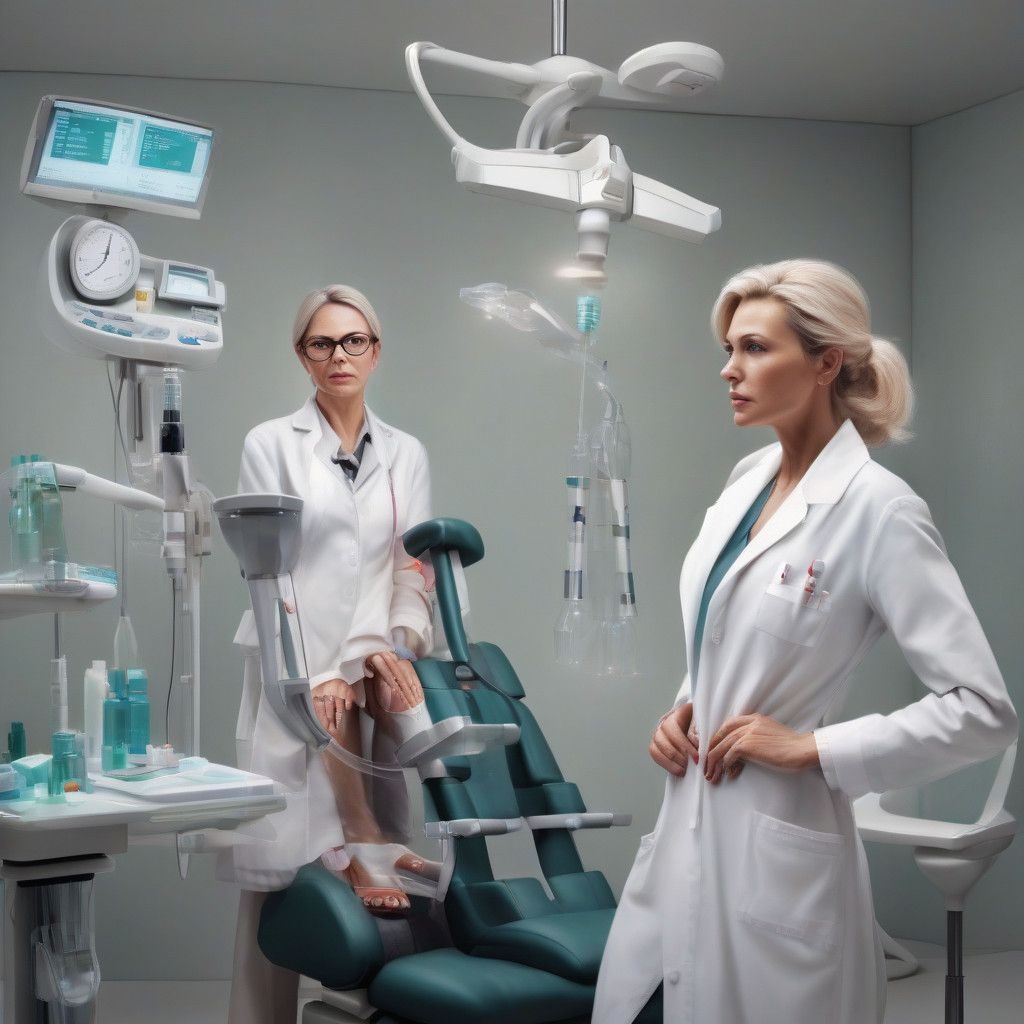The increasing popularity of cosmetic injectables, such as Botox, has transformed how society views beauty treatments. Once considered serious medical procedures, these injectables are now often perceived as routine beauty enhancements, akin to manicures. This shift has raised significant concern among health professionals regarding the risks associated with this casual approach, particularly when unlicensed practitioners enter the market.
A series of alarming incidents has emerged, drawing attention to the dangers tied to the casual usage of injectables. In March 2024, the Tennessee Department of Health reported several cases of botulism linked to counterfeit Botox administered at home gatherings. Patients experienced severe symptoms, with a notable number landing in intensive care. By July, reports expanded across nine states, leading to multiple hospitalizations. Such outbreaks highlight the peril inherent in receiving cosmetic treatments from unqualified sources.
The consumer mindset towards injectables has shifted dramatically. Social media platforms like TikTok magnify the allure, with influencers promoting these procedures as quick and uncomplicated fixes. The rise of “Botox parties” and beauty pop-ups encourages a dismissive attitude toward the medical implications of these treatments. Dr. Sachin M. Shridharani, a New York plastic surgeon, emphasizes the misconceptions surrounding these procedures. He cites patients suffering from severe complications after seeking inexpensive treatments from unlicensed injectors. One case involved a woman requiring surgical intervention to remove necrotic lip tissue due to filler injections performed by an unqualified practitioner.
The surge in demand for injectables has led to their proliferation in non-traditional settings. Where once they were primarily offered in doctors’ offices, now aesthetic-focused medspas, beauty bars, and even retail establishments are providing these services. The American Society of Plastic Surgeons reported a 7% annual increase in minimally invasive procedures like Botox, totaling over 25 million such procedures performed in 2023. The perception that these treatments are simply cosmetic boosts their appeal, but this casual attitude compromises patient safety.
Doctors caution against the trivialization of these medical treatments. Dr. Michael Bassiri-Tehrani, a facial plastic surgeon, warns that opting for less regulated settings often means overlooking critical safety protocols typically present in medical environments. Furthermore, he highlights the importance of understanding the credentials of practitioners who administer these invasive treatments, noting that many consumers are unaware of the vetting process for such providers.
Regulatory bodies, including the CDC and FDA, are now pushing for stricter oversight of cosmetic procedures. While public call-outs of counterfeit products and adverse incidents have increased awareness, a troubling trend persists: individuals willingly seek services based solely on attractive marketing or low prices. Dr. Christine Thomas from the Tennessee Department of Health stresses the necessity of caution, advising consumers to remain vigilant and to be wary of deals that seem “too good to be true.”
HIV cases linked to unlicensed microneedling procedures further underscore the need for increased scrutiny in this industry. The shocking reality is that adverse effects from poorly administered cosmetic treatments are not just anecdotal; they are becoming commonplace, with social media amplifying these stories. For instance, severe reactions from procedures across platforms spark discussions, with some posts receiving millions of views. These viral accounts are prompting the public and professionals alike to reconsider how they approach cosmetic procedures.
The growing desire for injectables reflects a societal trend towards beauty maintenance that is now commonplace. Nevertheless, the casual acceptance of these treatments can be dangerous. As Dr. Shridharani aptly summarizes, a healthy level of apprehension concerning cosmetic procedures is essential. Acknowledging the risks involved ensures that potential clients review their options thoroughly and prioritize safety over convenience. Speaking candidly about fears surrounding cosmetic treatments can lead to more responsible decision-making.
As the conversation around injectables evolves, medical professionals hope to instill a sense of responsibility among consumers. The trend towards normalization does not diminish the inherent risks associated with these treatments. As the beauty industry continues to adapt to consumer demand, it must also recognize the value of education and awareness in mitigating risks. Providing thorough information and promoting licensed practitioners can safeguard individuals seeking to enhance their appearance without compromising their health.
In summary, while the desire for beauty treatments grows, so too must the understanding of the potential risks involved. Consumers must be educated, discerning, and cautious, prioritizing their wellbeing in the pursuit of aesthetic enhancements.











